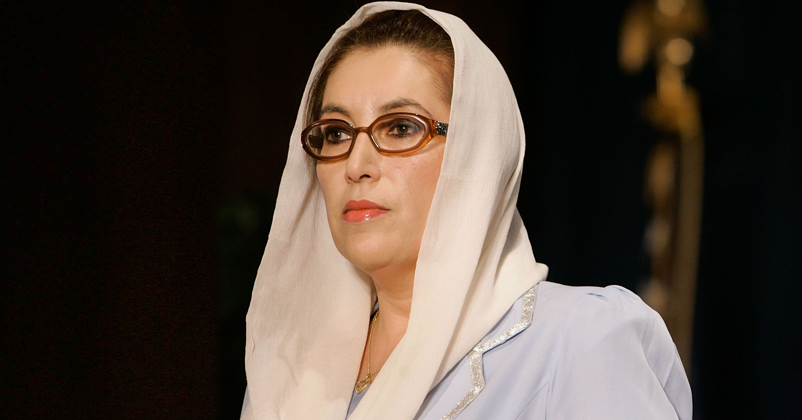27 December, 2007: The Assassination of Benazir Bhutto
Total Views |

The assassination of Benazir Bhutto on December 27, 2007, sent shockwaves across the world, marking a somber chapter in the political history of Pakistan. This tragic event not only claimed the life of the former Prime Minister but also had profound implications for the country's political landscape.
Background: Benazir Bhutto, the first woman to lead a Muslim-majority nation, served as the Prime Minister of Pakistan in two non-consecutive terms, from 1988 to 1990 and then from 1993 to 1996. Her return to Pakistan in 2007 after years in self-imposed exile was met with both anticipation and controversy. Her return was met with immense support from her followers, but also with significant opposition from various factions, including extremist groups and political rivals.
Assassination: On December 27, 2007, Benazir Bhutto addressed a political rally in Rawalpindi, as part of her campaign for the upcoming general elections. As she waved to the crowd from the sunroof of her vehicle, a gunman fired shots at her, followed by a suicide bomber detonating explosives near her vehicle. The attack resulted in Bhutto's death, along with the lives of many of her supporters.
Investigation and Controversies: The investigation into Bhutto's assassination was marred by controversy and conflicting narratives. The Pakistani government initially claimed that Bhutto died from hitting her head on the sunroof lever after the attack. However, subsequent investigations, including a United Nations inquiry, pointed towards a targeted assassination carried out by a group linked to the Pakistani Taliban.
Key Players: Several key players emerged during the investigation, including Baitullah Mehsud, a prominent Taliban leader who was accused of masterminding the attack. However, Mehsud denied any involvement before his death in a U.S. drone strike in 2009. Additionally, there were allegations of involvement by elements within the Pakistani establishment, further complicating the case.
Political Impact: Benazir Bhutto's assassination had a profound impact on Pakistani politics, leading to a wave of public grief and outrage. It also highlighted the challenges faced by political figures in Pakistan, particularly those who challenged the status quo. The Pakistan Peoples Party (PPP), led by Bhutto's husband, Asif Ali Zardari, continued to play a significant role in the country's politics.
The assassination of Benazir Bhutto remains a watershed moment in Pakistani history, leaving an indelible mark on the nation's political landscape.

